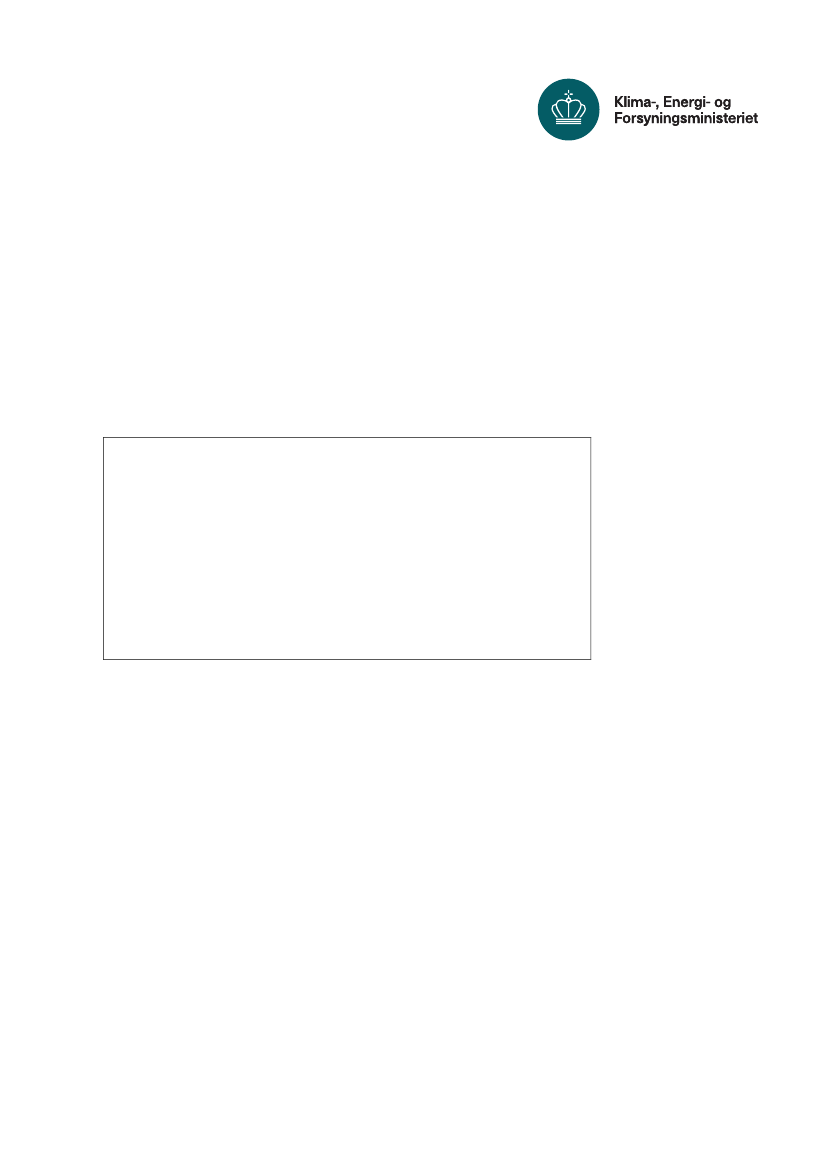
Danish response to the public consultation on the European Commission’s
White Paper “How to master Europe’s digital infrastructure needs?”
Center
Center for international klima
og energi
Kontor
EU-kontoret
Dato
28-06-2024
J nr.
2024-2367
Denmark welcomes the opportunity to comment on the European Commission’s
White Paper “How to master Europe’s digital infrastructure needs?” and appreciate
the Commission’s aim to identify potential challenges and possible scenarios for pub-
lic policy measures to further Europe’s digital transformation.
Summary of remarks
•
It is important to be precise in identifying challenges, and where a chal-
lenge has been identified, to carefully assess whether there is justifica-
tion for new regulatory measures. Proposals for new regulation should
be based on thorough, evidence-based impact assessments.
Europe should continue its technology neutral and market-based ap-
proach to regulation and interventions in the field of telecommunications.
Denmark is concerned that cross-border consolidation can reduce com-
petition in well-functioning markets, and stresses the importance of
maintaining healthy competition among operators in the EU.
/ PEHPE
•
•
The electronic communications sector is characterised by rapid change and innova-
tion and in this light, Denmark agrees that it is important to master Europe’s digital
infrastructure needs, including ensuring secure and resilient infrastructures. In this
regard, it is relevant to analyse whether the current regulatory framework is fit to
handle the transition in order to address technological and market developments, or
if there is a need for new regulatory measures to adapt to and enable Europe’s digital
transformation. Hence, Denmark welcomes the effort of the Commission.
The Commission has identified a number of challenges in pertinent areas. However,
not all of these challenges are clearly described and it is not clear if all identified
challenges exist in the Union as a whole as described in the White Paper. While there
is no doubt that challenges exist in the telecommunications area, it is important to be
precise in identifying them, and where a challenge has been identified, to carefully
assess whether there is justification for new regulatory measures.
In addition, the challenges identified by the Commission do not seem to be supported
by sufficient evidence in all instances. Hence, the White Paper seems to lack a clear
Side 1/7